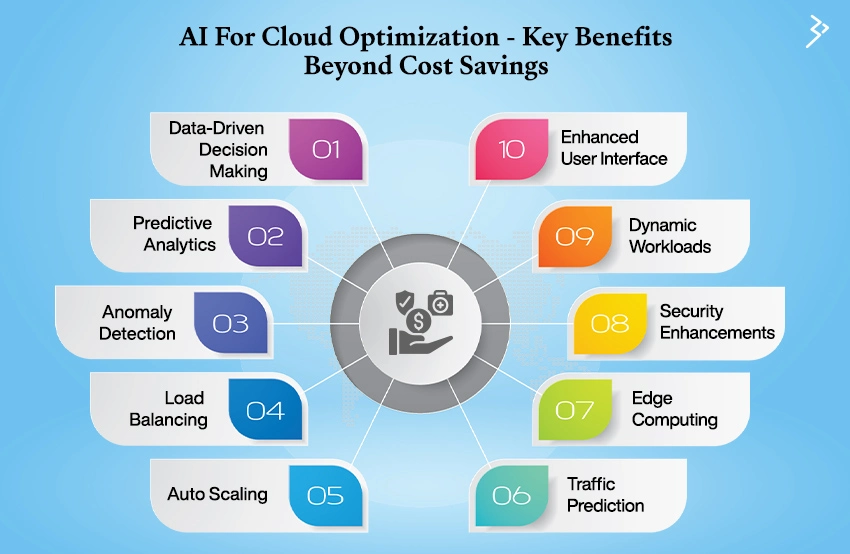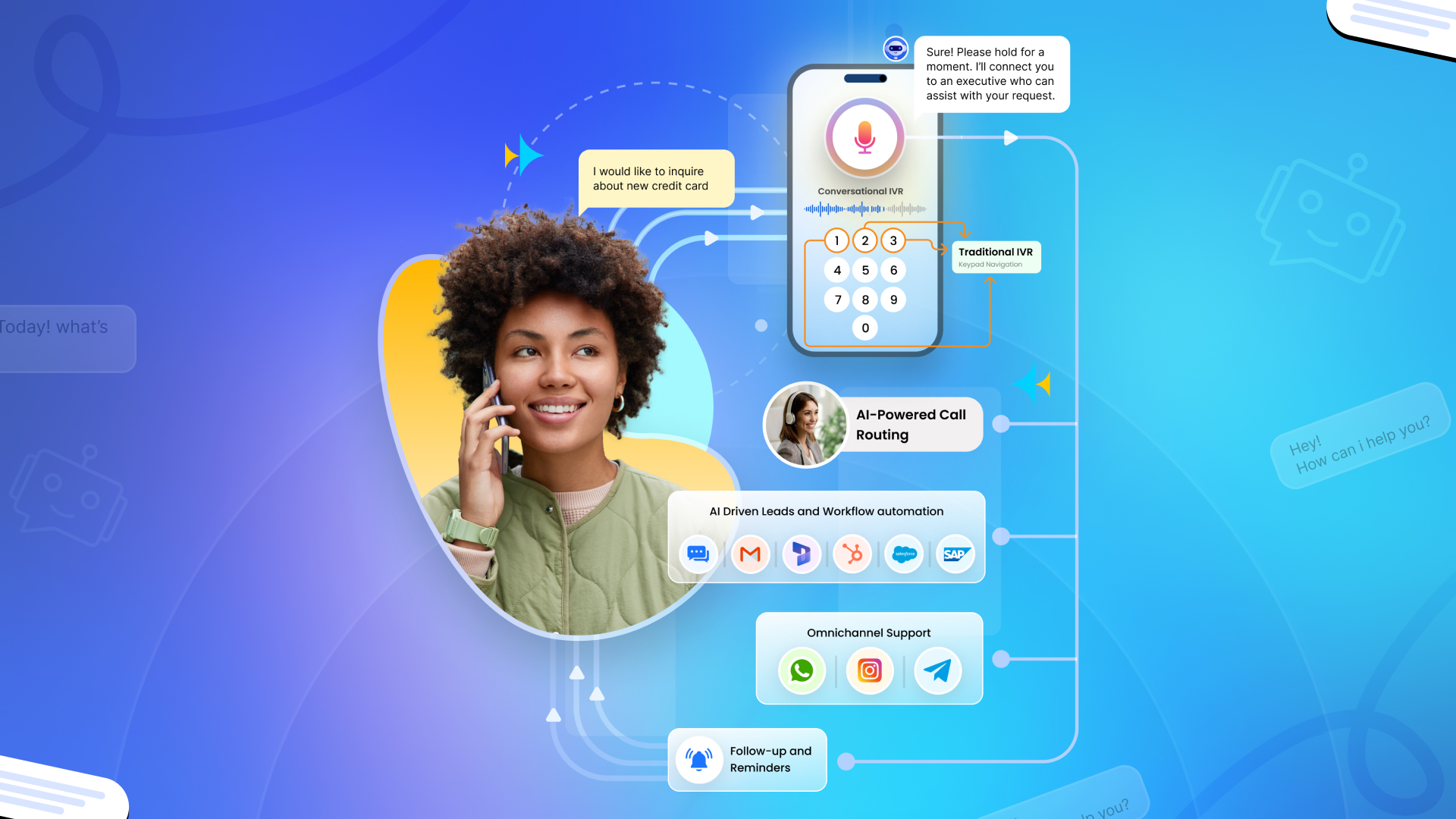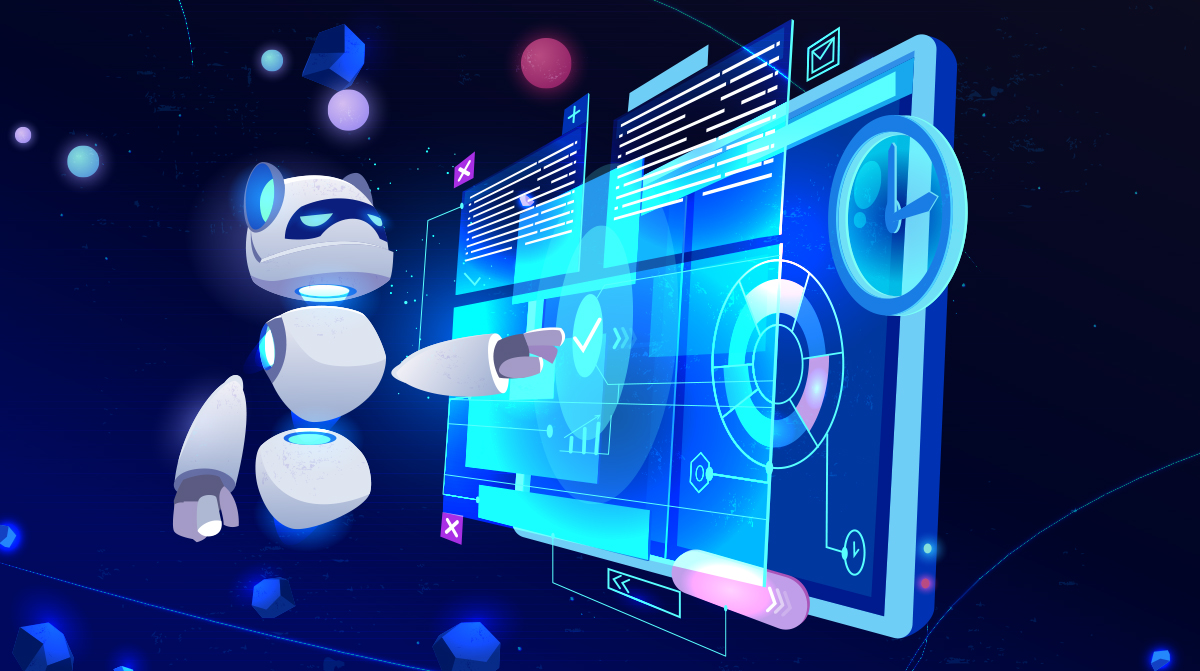AI in cloud computing enhances security measures, proactively identifying and mitigating threats before they can impact operations. This level of protection is crucial in today’s digital landscape, where cyber threats are increasingly sophisticated. Ultimately, integrating AI into cloud computing offers businesses a competitive edge, not just through cost savings but by driving growth, innovation, and resilience in an ever-evolving market.
Data Insights and Analysis
AI is transforming the way organizations extract value from data. By combining vast computational power with advanced algorithms, cloud platforms are unlocking unprecedented insights. This synergy between AI and cloud computing is driving innovation and empowering businesses to make data-driven decisions with confidence.
Organizations that implement structured ai ready data pipelines see significantly faster implementation times and more accurate analytical outcomes.
Data-Driven Decision Making
Why work with plain data when AI brings you rich data insights to accelerate your decision-making? Predictive analytics, powered by machine learning, allows businesses to forecast trends and make informed decisions. According to McKinsey, organizations using data-driven insights are five times more likely to make faster decisions than their peers.
Predictive Analytics
Predictive analytics leverages historical data and AI algorithms to forecast future trends. This capability is crucial for industries like retail and finance, where anticipating customer behavior and market changes can lead to a competitive edge.
Anomaly Detection
AI excels in detecting anomalies in data, such as unusual transactions or system errors. This early detection helps prevent issues before they escalate, ensuring smoother operations and reducing risks.

Intelligent Automation for Traffic Generation
By leveraging AI-driven tools, businesses can optimize digital marketing campaigns, personalize user experiences, and drive conversions. This data-centric approach empowers organizations to achieve measurable results and stay ahead of the competition. Here are other important benefits of AI in boosting traffic:
Load Balancing
AI enhances load balancing by distributing traffic evenly across servers. This prevents overload on any single server and ensures consistent performance. For example, cloud providers use AI algorithms to dynamically adjust traffic distribution based on real-time data.
Auto Scaling
AI-driven auto-scaling adjusts cloud resources based on traffic and usage patterns. This ensures that resources are available when needed and reduces costs during low-traffic periods.
Traffic Prediction
AI predicts traffic patterns, allowing cloud services to prepare for high-demand periods. This proactive approach helps prevent performance bottlenecks and ensures a seamless user experience.

How Is AI In Cloud Computing Placed In the Near Future
AI in cloud computing is rapidly advancing and poised to revolutionize industries with enhanced efficiency and innovation. In the near future, this synergy will redefine how businesses operate, driving smarter decisions and seamless cloud scalability. Understand the opportunities created with AI in the cloud:
Increased Adoption
The adoption of AI in cloud computing is accelerating. Businesses are recognizing the value of AI-driven insights and automation, leading to increased investment in AI-enabled cloud solutions.
New Business Models
AI is enabling new business models, such as subscription-based services and pay-as-you-go cloud solutions. These models tap into the most in-demand opportunities to match with unique services for the cost-efficiency of cloud solutions.
Talent Demand
The demand for AI and cloud computing talent is rising. Realizing the potential of AI in cloud computing, companies are looking to arm themselves with certified professionals who can delve into their business and explore growth opportunities.
Edge Computing
Edge computing brings intelligence closer to the data source. By deploying AI capabilities at the network edge, organizations can achieve faster response times, reduced latency, and improved data privacy. This decentralized approach empowers real-time decision-making and supports emerging applications like autonomous vehicles and IoT devices.

Flexibility and Security Fuel Rapid Expansion of Cloud Computing
Cloud computing’s rapid expansion is driven by its unmatched flexibility and robust security measures. Businesses now enjoy dynamic workloads and secure, compliant environments that scale effortlessly. This powerful combination fuels cloud innovation, enabling organizations to adapt quickly and protect their data in an increasingly digital world.
Dynamic Workloads
AI allows cloud computing to handle dynamic workloads efficiently. This flexibility ensures that cloud resources can adapt to changing demands without compromising performance.
Security Enhancements
AI recognizes patterns of attacks and alerts stakeholders of suspicious activities. Stopping bad actors in their tracks is a useful tool for growing businesses and for keeping sensitive information safe.
Compliance
AI helps ensure compliance with regulations by automating compliance checks and reporting. Every time your organization fails a compliance check, you stand to lose time and money to get things on track. AI in the cloud is well aware of industry compliance and takes away all your compliance worries.
Security and Reliability to Scale Efficiently
Businesses demand robust protection for their sensitive data while ensuring uninterrupted operations. As workloads expand, cloud platforms must deliver unwavering reliability without compromising security.
Threat Detection and Prevention
AI is trained to constantly look for standard threats and vulnerabilities, and over time, machine learning empowers the system to understand potential threats before they turn dangerous. This proactive approach helps protect sensitive data and maintain system integrity.
Performance Optimization
AI-driven performance optimization ensures that cloud services run efficiently. Algorithms continuously monitor and adjust resources to maintain optimal performance levels.
Scalability
AI enhances scalability by enabling cloud services to expand or contract resources based on demand. This ensures that businesses can handle varying workloads without incurring unnecessary costs.
Enhanced User Interface
AI is reshaping the landscape of cloud computing with a profound impact on user interfaces. Cloud platforms are delivering increasingly intuitive and personalized experiences by harnessing machine learning and data analytics. This convergence of AI and cloud technology is driving a new era of user-centric design.
Intelligent Assistants
AI-powered intelligent assistants improve user interactions by providing personalized support and automating routine tasks. AI-powered services enhance the overall user experience and increase productivity.
Natural Language Processing
Natural Language Processing (NLP) enables users to interact with cloud services using natural language. This simplifies interactions and makes cloud services more accessible.
Predictive Analytics
Predictive analytics powered by AI provides users with actionable insights and forecasts. This helps businesses make informed decisions and plan for future trends.
Challenges in Deploying AI in Cloud Environments
Despite the benefits, deploying AI in cloud environments presents challenges. Data security and privacy concerns are paramount, as sensitive information is processed and stored remotely. Additionally, integrating AI with existing systems requires careful planning and expertise.
In conclusion, the synergy between AI and cloud computing drives a new era of innovation and efficiency. Businesses leveraging AI in the cloud will benefit from enhanced automation, data-driven insights, and scalable solutions. However, addressing challenges such as data security and AI integration will be crucial for maximizing the potential of this transformative technology.
FAQs
AI enhances cloud computing by automating tasks, optimizing resource management, and providing advanced analytics. It enables cloud platforms to handle complex data and deliver personalized experiences, making operations more efficient and scalable.
AI improves cloud security by analyzing large datasets to detect and respond to threats in real-time. It automates threat detection, identifies anomalies, and adapts security measures to emerging threats, enhancing overall protection.
AI-driven cloud solutions boost efficiency, reduce costs, and improve decision-making through predictive analytics and automation. It also delivers personalized customer experiences and scales resources dynamically to meet business needs.
Yes, AI and cloud computing can be integrated with existing IT infrastructure. Businesses can use hybrid cloud solutions and APIs to connect on-premises systems with cloud services, ensuring compatibility and enhancing functionality.
Common AI applications in cloud computing include predictive analytics, automated infrastructure management, fraud detection, personalized recommendations, and natural language processing, all enhancing functionality and user experience.
The future of AI in cloud computing involves increased automation, enhanced personalization, and integration with emerging technologies like IoT. AI will also advance cloud security and expand its applications in various industries.
AI enhances data analytics in the cloud by automating data processing, performing complex analyses, and providing real-time insights. It also uses natural language processing for easier data interaction and detects anomalies for quick issue resolution.
Related Articles
-
Top AI-driven Image Generation and Editing Tools
AI-driven image generation and editing tools have revolutionized the creative industry by allowing users to create, modify, and enhance images easily. These platforms harness the power of artificial intelligence to
-
Various Applications of AI-powered Customer Contact Centers Across Industries
In today’s fast-paced digital world, businesses increasingly use artificial intelligence (AI) to revolutionize customer contact centers. AI applications are reshaping the customer service landscape, enhancing operational efficiency and the customer
-
Best Free AI Presentation Maker Tools for 2025
In the digital age, crafting visually appealing presentations has become necessary for businesses, educators, and students. AI presentation maker tools simplify this process, enabling users to create professional-quality slides with




